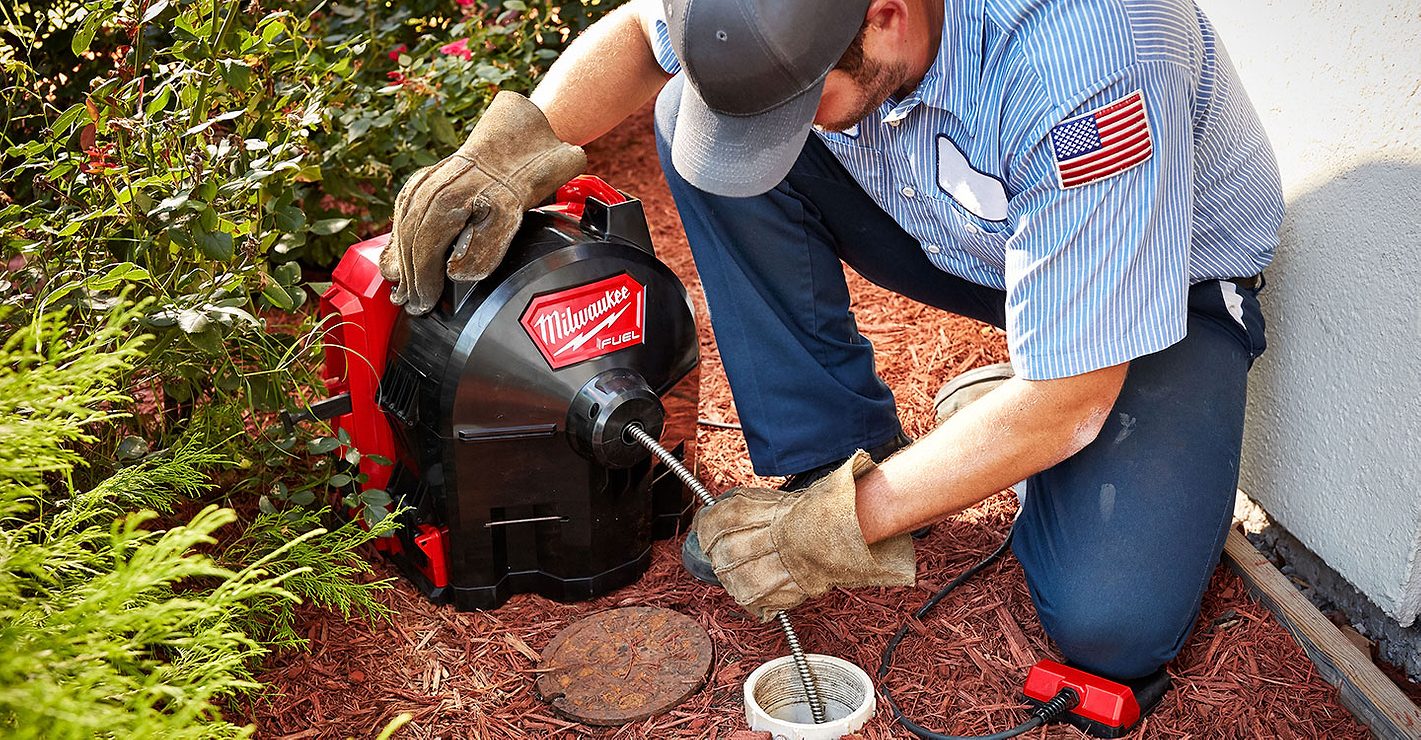Maybe you haven't noticed, or you're too polite to bring it up. But I'll be big about it and point out the egg on my face. On several occasions during the last few years, I've made the point that, whatever their difficulties, the consolidators are pretty much here to stay. I couldn't see a scenario in which individual units would go back to private ownership.
Well, turns out that's exactly what's happening. As we've reported in our news pages the last couple of months, there has been a slew of buybacks by former owners of contracting firms who sold them to utility subsidiaries or consolidators several years ago during the epidemic of consolidation fever.
Probably there are others we haven't heard about, and it is likely more will follow. For the most part, these have been fairly large mechanical contracting companies reverting back to the original owners. No surprise there. The utilities and consolidators didn't go after any real small shops.
What caught me by surprise was that there would be anything worth buying of companies that had spent several years in the digestive tracts of the big fish. Actually, if the rumors I hear are true, there may not be. Word filtering through the industry's grapevine has it that in many cases contractors who sold their companies for millions are buying them back for next to nothing.
That's because the organizations doing the unloading are in bankruptcy, like Encompass Services, or otherwise restructuring. Some of the utilities have found the mechanical contracting business a drain on resources and are looking to cut losses and move on. For many of these companies, the original owners are the only people in the world to whom their contracting units have any value.
Many of the units being bought still are operating under the original owner's name. He doesn't even have to repaint the signs, except to white out the part identifying corporate affiliation.
The Essence Of Contracting
This leads us to some thoughts about what precisely it is that gives value to a contracting company. I get asked this from time to time by people looking to buy or sell a contracting firm and trying to get a handle on what might be a reasonable price. The standard business evaluation formulas don't work very well for PHC contractors.Tangible assets are straightforward enough. You can pinpoint a dollar value for trucks, tools, equipment, inventory and office furnishings. When you add it all up, though, all you have is a collection of stuff worth dimes on the dollar. That elusive quality known as goodwill comprises 90 percent of the real value of a contracting firm.
Goodwill consists of a company's reputation and marketing presence, and 90 percent of that usually stems from the contacts and know-how of the owner and a handful of key employees.
Some of that can be successfully handed down to subsequent family generations or to long-term employees. Rarely can it be passed along to strangers who buy the company, unless they keep the original owner around as a manager or at least a figurehead. (Think of how much mileage the KFC franchise got out of Colonel Sanders' TV commercials years after the colorful founder sold the company.)
Even then, something usually is lacking. Contractors who sell out and become employees almost never put the same zest into their business activities, no matter how dynamic the corporate culture might be.
The same problem exists with wholesalers and vendors whose companies get bought, but to a far lesser extent. Plenty of supply houses continue to thrive after being bought by one of the chains, as do manufacturers purchased by larger companies. I think that's because most wholesalers and manufacturers are larger companies to begin with. Their owners are used to working within a corporate structure entailing delegated duties and decision making.
By contrast, contractors are about the most hands-on business owners imaginable. Most personally handle or supervise myriad details of the business spanning personnel, field operations, procurement, bidding, marketing and everything in between.
Contractors earn their keep. They are the hardest working group of business owners I've ever seen. Some of the saddest tales of recent years are those who worked hard for years to build solid companies only to sell to a consolidator for the fool's gold of corporate stock. Not many people get a second chance with something that important. It's gratifying to hear that's the case with a few.
Those who were astute enough to sell out for cash or mostly cash are twice blessed. They got their millions, and now a chance to make some more. Good for them, too.



